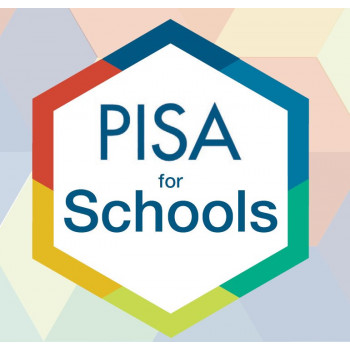Kazakh Schools Participate in Testing to Assess Functional Literacy Among Teenagers

The Programme for International Student Assessment (PISA) is conducting a large-scale international study, "PISA for Schools," across more than 1,000 educational institutions in Kazakhstan from November 18 to December 25, 2024.
Over 30,000 15-year-old students are participating in this project,
organized under the auspices of the Organisation for Economic Co-operation and
Development (OECD). The initiative has become one of the key tools for evaluating
the quality of school education.
What sets this study apart is its focus on measuring functional
literacy. Participants are tested in reading, mathematics, and science,
providing a detailed analysis of their academic preparedness. However, the
program's unique advantage lies in the individual reports provided to each
school. These reports not only highlight the current state of education but
also identify weaknesses that require attention. For example, they shed light
on areas of the educational process that need enhancement or restructuring,
making them an effective tool for strategic planning.
The project plays a crucial role in the development of educational
institutions. The analysis results help school administrators devise new
approaches and programs aimed at improving student outcomes. Additionally, the
study provides an in-depth understanding of how various factors—from teaching
methods to school infrastructure—affect students' academic performance.
It’s worth noting that "PISA for Schools" is more than just an
annual event. Between 2021 and 2023, 2,200 educational institutions across
Kazakhstan participated in this study. These numbers underscore the widespread
adoption of this methodology within the country's education system.
Furthermore, Kazakhstan's entry into the global top 50 rankings for mathematics
and science in 2023 marks a significant achievement.
Overall, "PISA for Schools" offers not only an accurate picture of students' knowledge levels but also serves as a foundation for addressing gaps in education. In a rapidly evolving world where technological advancements raise educational standards, such studies are becoming indispensable for improving the quality of schooling. Parents, teachers, and students alike benefit from this project, gaining the tools and insights needed to move forward based on precise data and objective evaluations.
